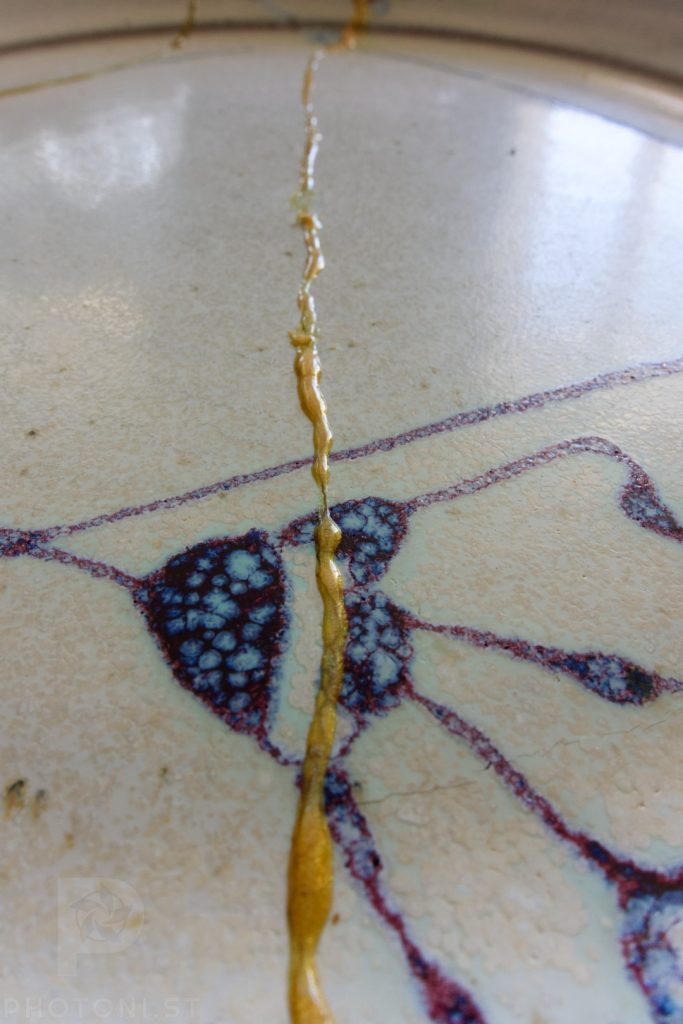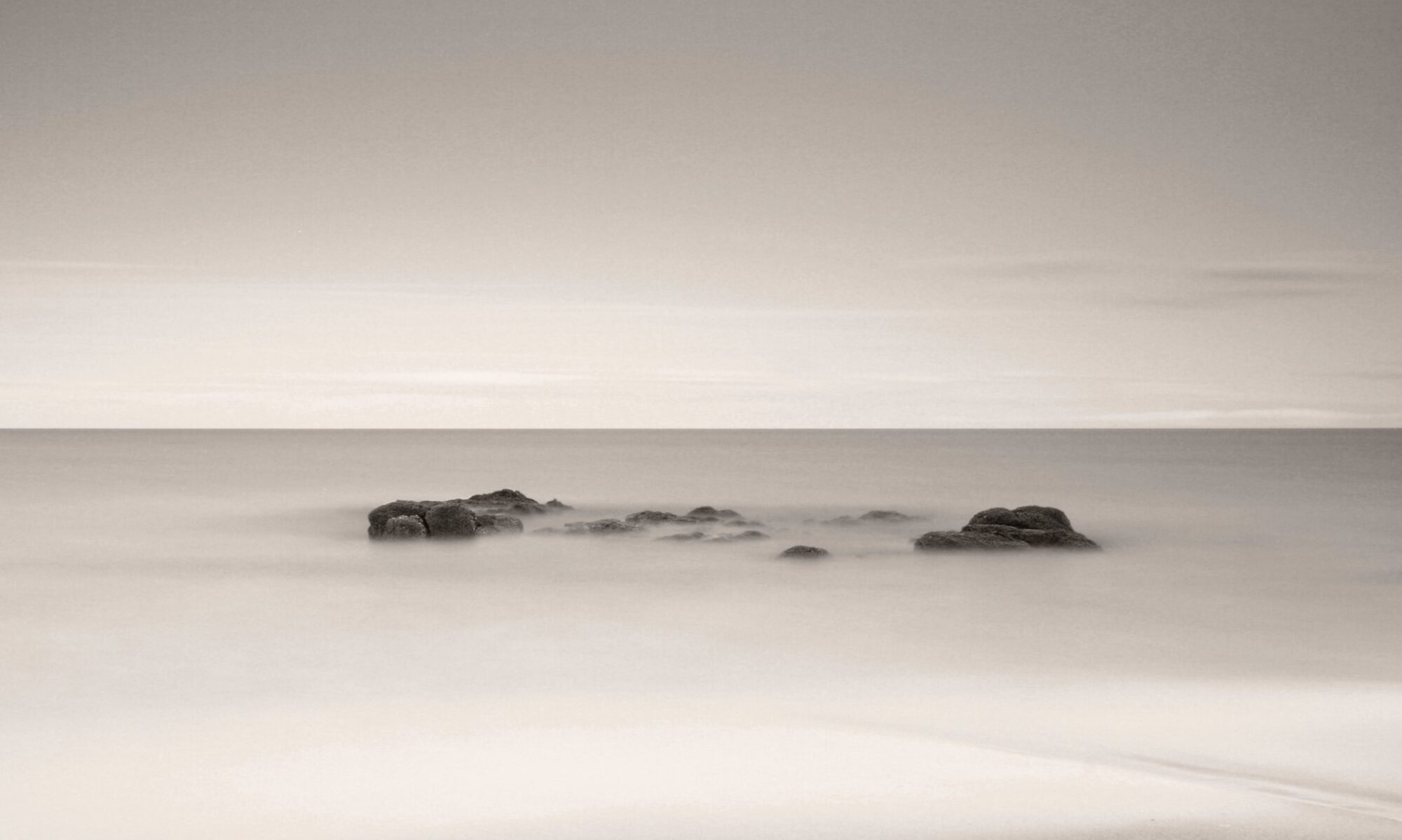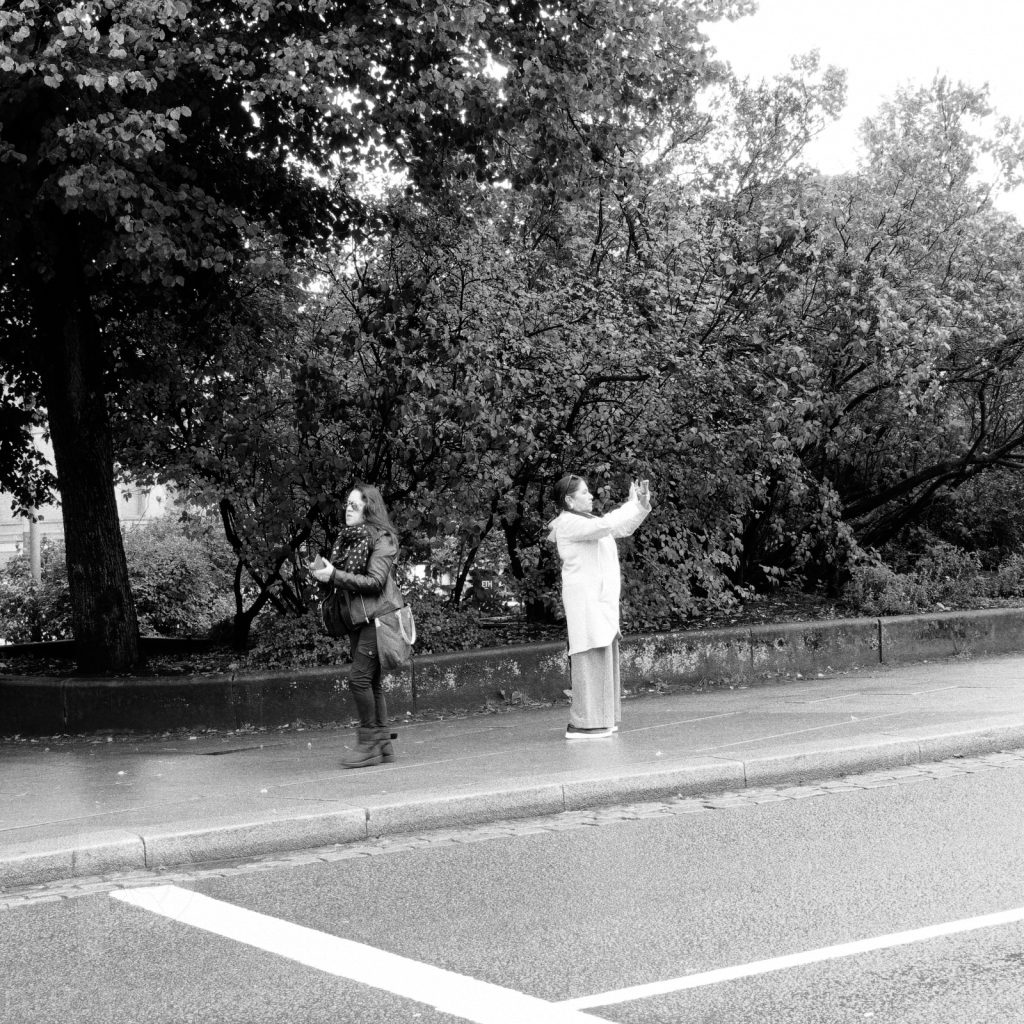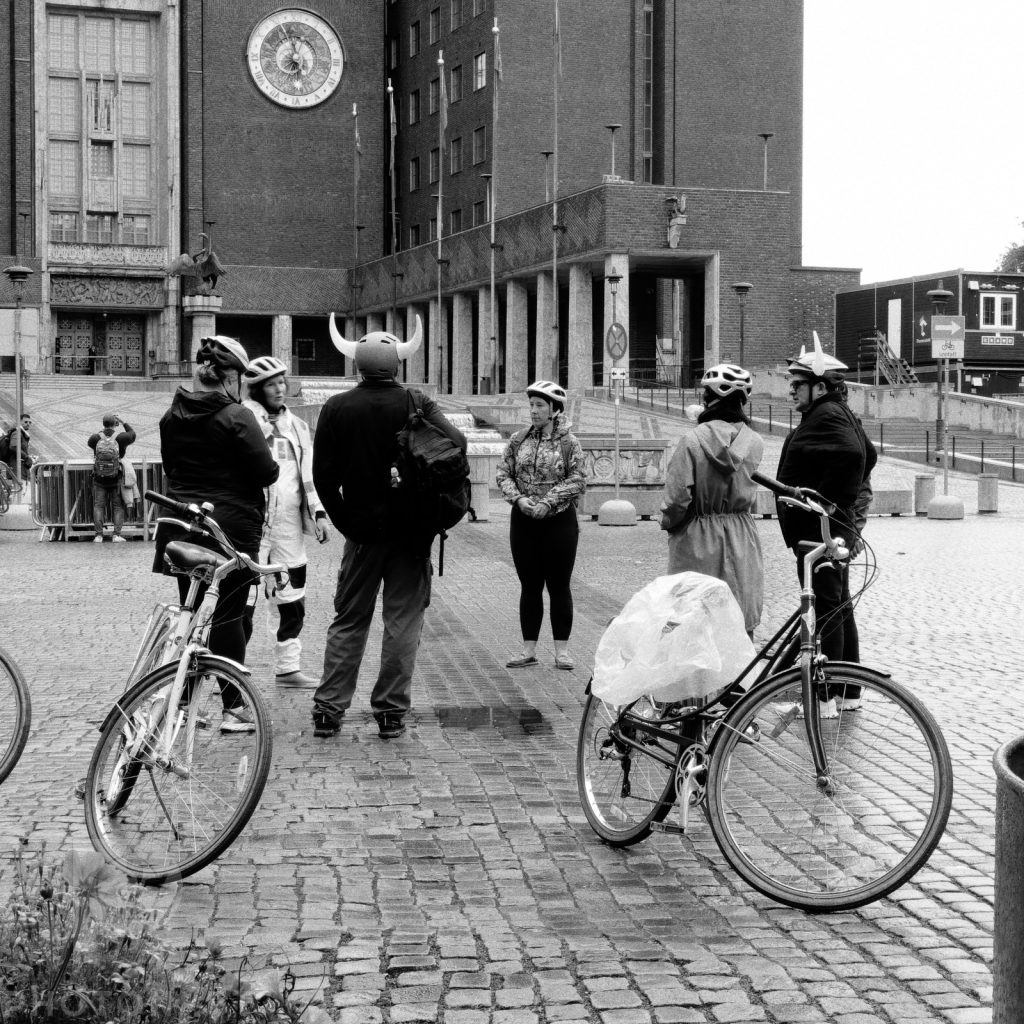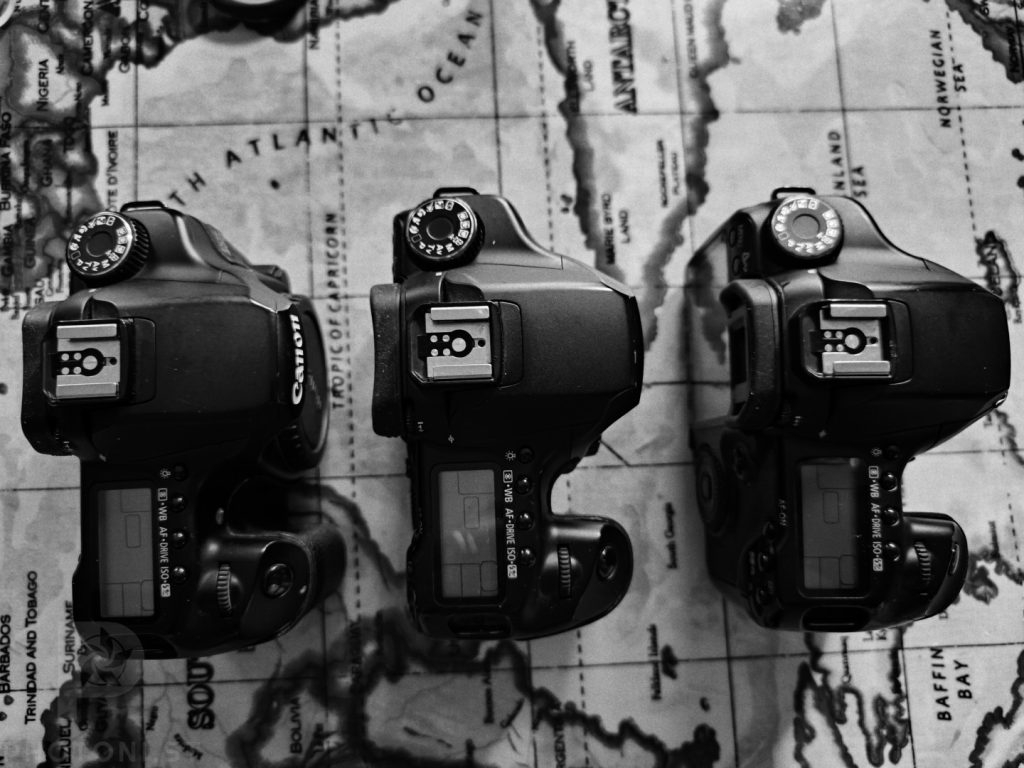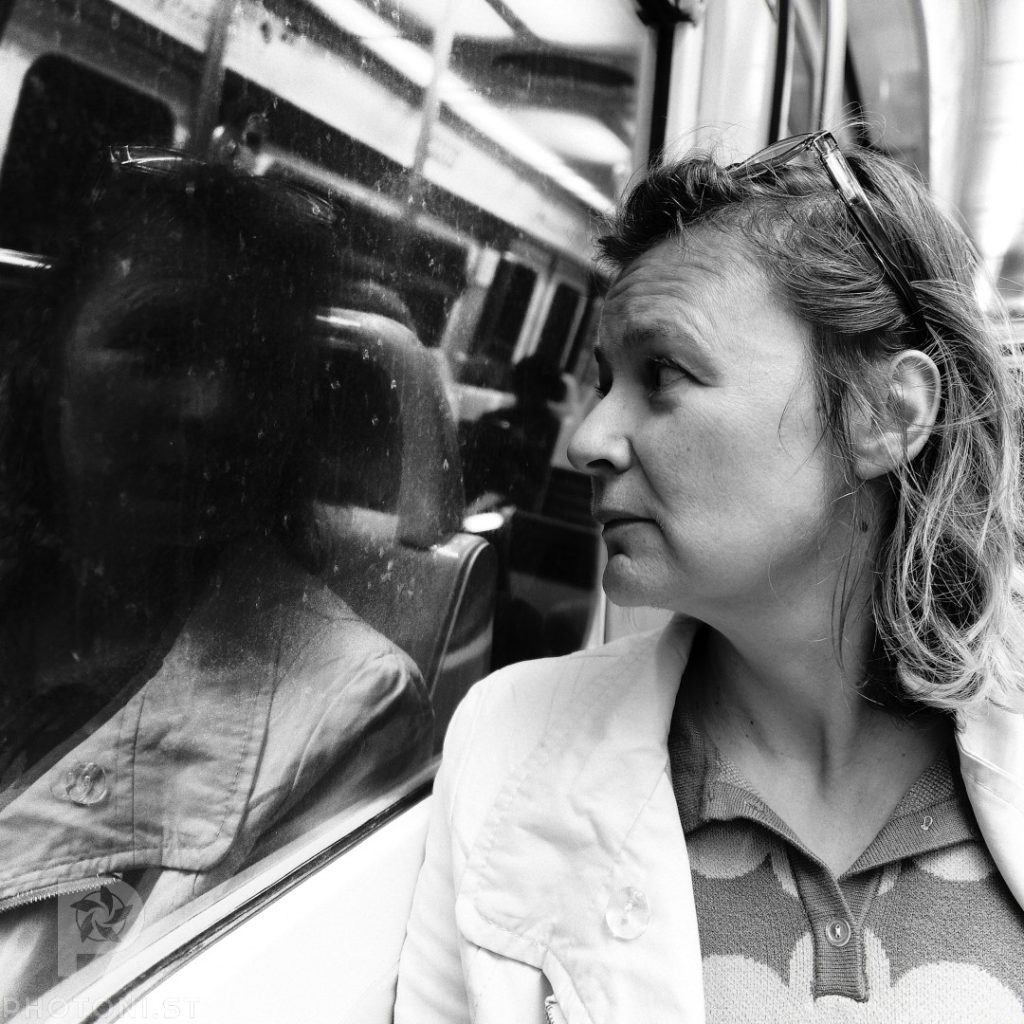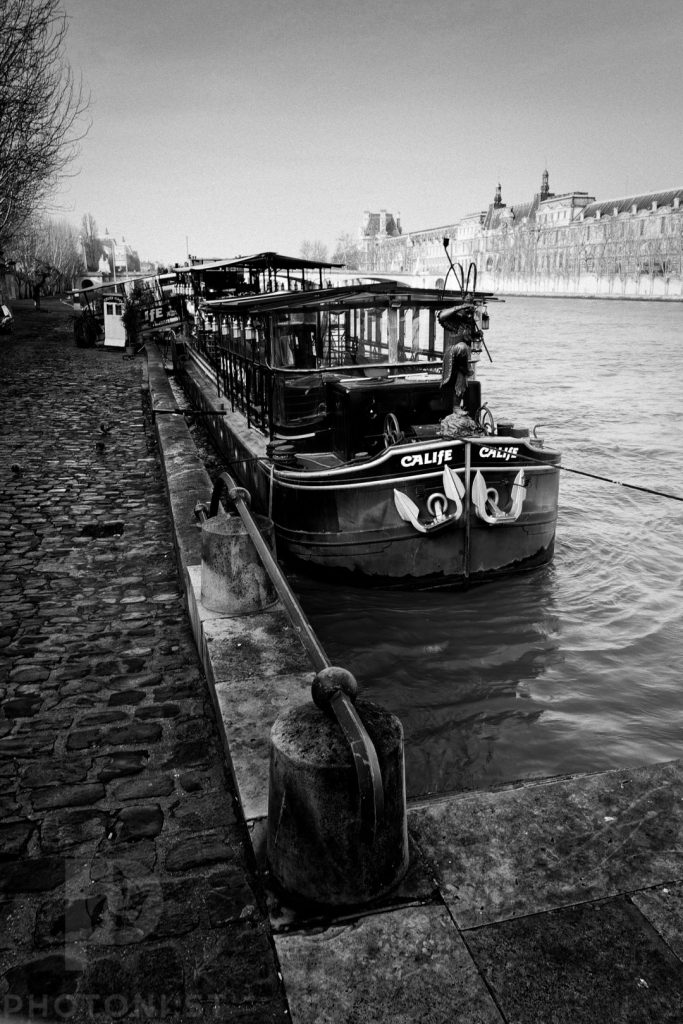Photography typically tries to stop time. We capture moments, freeze them, extract them from the flow of duration. But there’s another approach that interests me more: using photography to make time visible through its effects. Not the moment itself, but what happens across years of moments. Not the pristine object, but the object after it’s lived.
